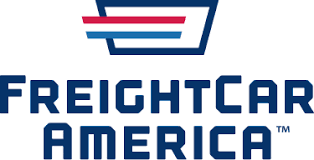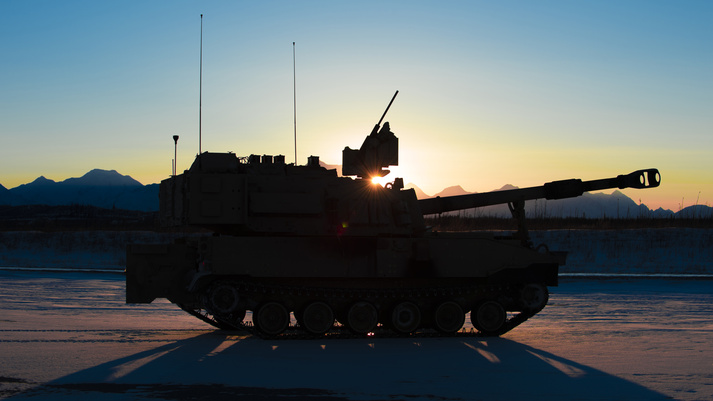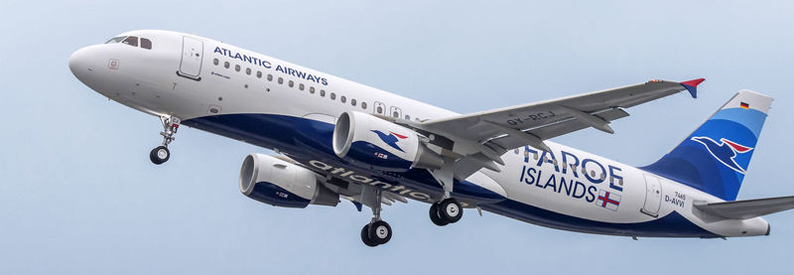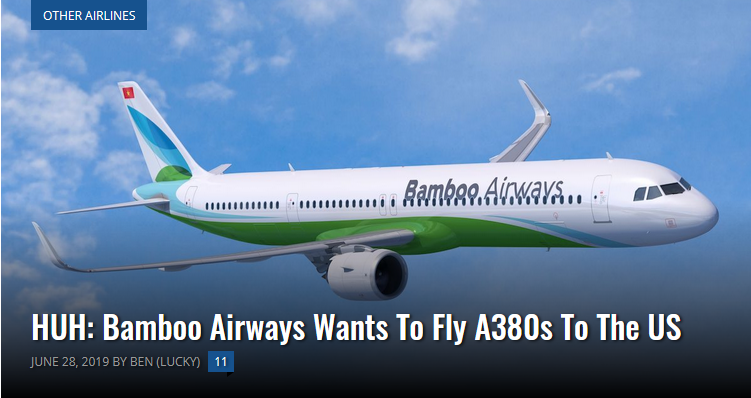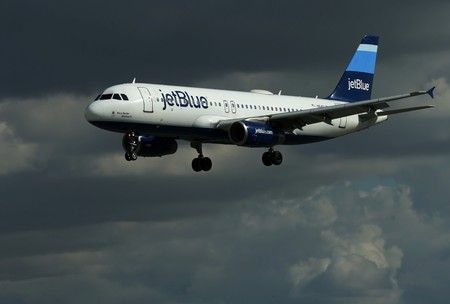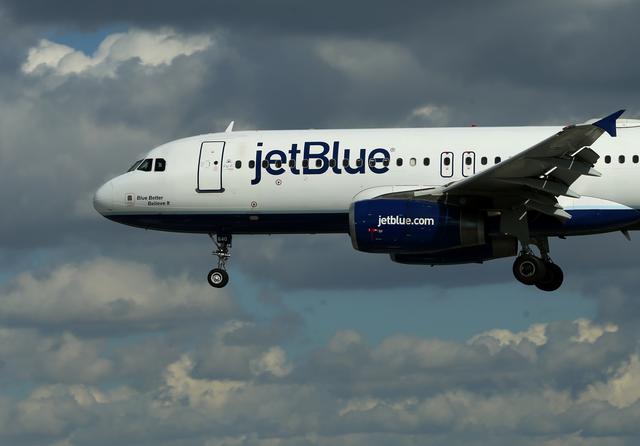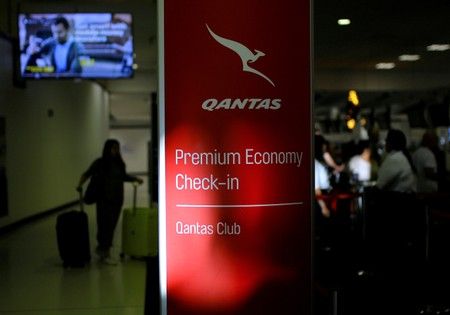BOGOTA, Colombia, July 22, 2019 /PRNewswire/ — Avianca Holdings S.A. (NYSE: AVH) today announced that, in connection with its previously announced re-profiling plan for its capital structure, the company has temporarily deferred payments on certain long-term leases and on payment of principal on certain loan obligations. Avianca Holdings has engaged in discussions with its main strategic lenders and other creditors to establish terms that will preserve current liquidity levels and enable Avianca Holdings to advance its re-profiling plan, which is aimed at strengthening the company’s financial position. Over the last two weeks, members of Avianca Holdings’ senior management team have met with more than 50 of Avianca Holdings’ strategic lenders and other creditors with the objective of reaching an agreement on the terms and conditions of the proposed deferrals. Importantly, obligations related to Avianca Holdings’ day-to-day operations remain current, and such operations, including flight schedules and other ordinary course operations, will remain unaffected.
Avianca Holdings affirms that it is current on all existing interest obligations and that Avianca Holdings actively seeks to arrive at a mutually satisfactory agreement with its strategic lenders and other creditors for a short-term deferral of principal amortization payments, as well as extensions of its credit facilities. Avianca Holdings intends to resume scheduled principal payments once these agreements have been successfully reached, as Avianca Holdings’ proposal is for all creditors to be paid in full, including principal and interest.
In connection with its re-profiling program, Avianca Holdings today made a separate announcement regarding an exchange offer for its outstanding 8.375% Senior Notes due 2020. Avianca Holdings is current on its interest obligations with respect to its outstanding senior notes and is not otherwise in default on its outstanding 2020 Senior Notes.
Avianca Holdings has the full support in this decision of its Board of Directors. Since May 24, 2019, Kingsland Holdings, through its ownership of ordinary shares of Avianca Holdings and authority to vote the ordinary shares of Avianca Holdings owned by BRW Aviation LLC, has effective control of Avianca Holdings. As previously announced, United Airlines and Kingsland Holdings have indicated that they would be willing to offer new financing to Avianca, if required and requested, of up to $250 million, provided that certain commitments are assumed by other interested parties.
With the announced temporary suspension of principal payments, as well as the previously announced proposed financing by United Airlines and Kingsland Holdings, and the continued implementation of Avianca Holdings’ 2021 transformation plan, Avianca Holdings expects to strengthen its cash balances in the near future, at which time, Avianca Holdings will resume normal payment of its obligations. Furthermore, Avianca Holdings has stated that the outstanding 2019 Colombian Peso-denominated corporate bond issued by Aerovías del Continente Americano – Avianca S.A. is not part of the deferral program and that such bond will be paid in accordance with its terms.
About Avianca Holdings
Avianca is the commercial brand that identifies the passenger, cargo transportation airlines and on ground services integrated in the Company with a team of more than 21,000 employees. The terms “Avianca Holdings” or “the Company” refer to the consolidated entity. The original source-language text of this announcement is the official, authoritative version, Translations are provided as an accommodation only, and should be cross-referenced with the source-language text, which is the only version of the text intended to have legal effect.


